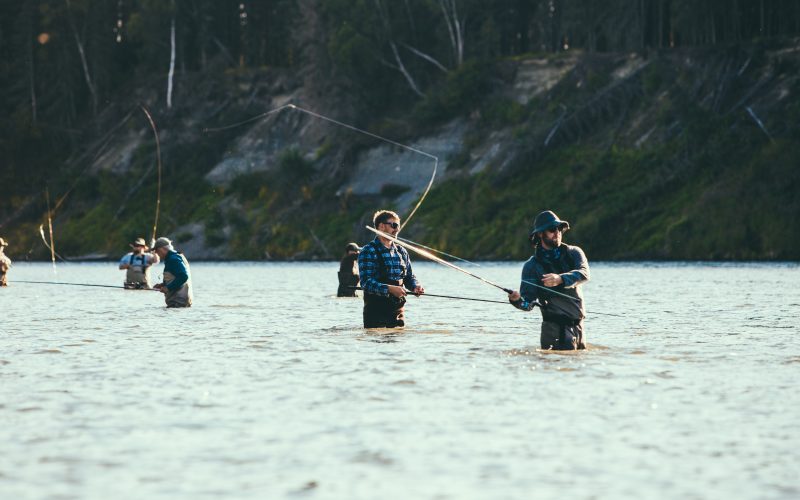The West Coast of the United States is known for its thriving fishing industry, but a looming salmon ban is expected to have a significant impact on the sector. The ban, which is set to take effect in the coming months, is aimed at protecting dwindling salmon populations in the region.
According to the Pacific Fishery Management Council, the ban will apply to commercial and recreational fishing for Chinook and Coho salmon in ocean waters off the coasts of California, Oregon, and Washington. The ban is expected to last until at least mid-September, but could be extended depending on the success of conservation efforts.
The decision to impose the ban comes after several years of declining salmon populations in the region. Overfishing, habitat destruction, and climate change are among the factors cited as contributing to the decline. The Pacific Fishery Management Council hopes that the ban will allow the salmon populations to rebound and ensure the long-term sustainability of the industry.
The ban is expected to have a significant impact on the fishing industry, particularly for those who rely on salmon fishing for their livelihoods. Commercial fishermen, charter boat operators, and bait and tackle shops are among the businesses that could be affected. The ban could also lead to higher prices for consumers, as the supply of locally caught salmon dwindles.
However, some in the industry see the ban as a necessary step to protect the long-term viability of the salmon populations and the industry as a whole. Many fishermen have already made efforts to switch to other types of fishing, such as crab or squid, in anticipation of the ban.
The ban is also likely to have broader environmental benefits beyond just the salmon populations. Salmon are a keystone species in the Pacific Northwest, playing a critical role in the food web and ecosystem. Protecting their populations could have positive ripple effects on other species and the overall health of the marine environment.
In the face of the ban, the fishing industry will need to adapt and find new ways to thrive. This could include exploring alternative fishing methods, diversifying their offerings, or seeking out new markets for their products. While the ban may cause short-term pain for those in the industry, the hope is that it will lead to a more sustainable and prosperous future in the long run.
In conclusion, the West Coast salmon ban is a significant development that is set to have a major impact on the fishing industry in the region. While the ban may cause short-term challenges, it is hoped that it will help to protect salmon populations and ensure the long-term viability of the industry. The fishing industry will need to adapt and evolve in the face of the ban, but with careful planning and innovation, it can continue to thrive in the years to come.











